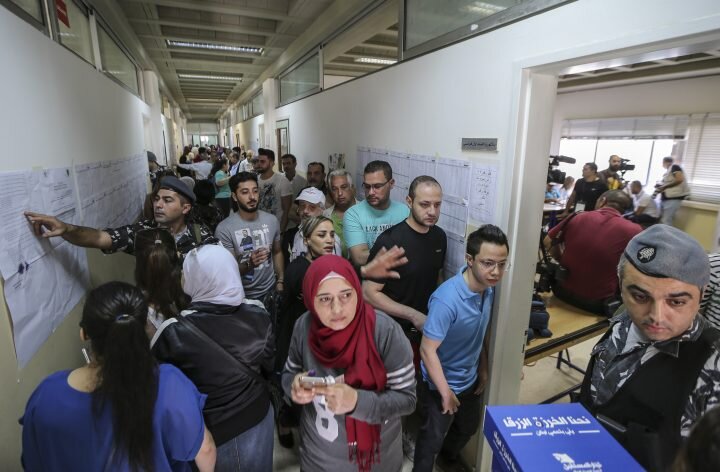Lebanon’s upcoming elections: Will the Resistance rise or retreat?

SOUTH LEBANON — Amidst the escalating tensions resulting from Operation Al Aqsa Flood, Lebanon is preparing for the municipal elections scheduled for next month, and based on their results, for next year’s parliamentary elections.
This is taking place in light of increasing American interference in every aspect of Lebanese affairs, to the point that the municipal elections have become more than just a development and service requirement for Lebanese citizens. It seems the elections have become a vital national security matter for the Americans.
Indeed, the upcoming elections represent an opportune opportunity for American diplomacy to examine the extent of change—if it actually occurs—in Lebanese society’s general perception of the effectiveness of the Resistance, and particularly in the Shiite community; this is in connection with the repercussions of both supporting the Gaza Battle and Uli al-Baas Battle.
It is worth noting that the municipal elections will be held for the first time in decades in the absence of martyr Sayyed Hassan Nasrallah. The American spy den (embassy) in Beirut is betting on the absence of Nasrallah’s motivational and mobilizing role on voters, the same voters that Washington is halting the reconstruction of their homes and infrastructure, which were destroyed during the Israeli aggression on Lebanon in September and November last year.
Furthermore, the American spy den is resorting to blatantly threatening tactics to disarm their Resistance forces!
In Washington’s view, the elections provide a golden opportunity for its proxies in Lebanon to undermine Hezbollah, politically and socially, which would allow for unprecedented moves against the Resistance.
But who can guarantee that the election results will meet Washington’s aspirations?
Observers point out that the elections may produce results contrary to American assumptions, given that the Resistance, despite suffering severe and painful blows, is rapidly and steadily revamping its organizational structure.
Furthermore, its most important reliance is its popular base, which emerged during the exceptional funeral procession for Hezbollah’s two assassinated secretaries-general, Sayyeds Nasrallah and Safi al-Din, where the slogan “We are committed to the covenant [to resist]” was raised.
This was also evident during the return of residents of the border villages to occupied Palestine and their reiterated positions of supporting the Resistance.
Besides, this was followed by the Shiite duo’s active participation in the election of the President of the Republic and the formation of the government, and a positive willingness to engage in dialogue regarding a national strategy to defend Lebanon’s sovereignty despite the extremist rhetoric openly voiced by the Lebanese Forces party, which relies on the Israeli enemy.
Thus, the spell backfired, increasing the level of awareness among the Resistance’s popular base, amid the ongoing daily Israeli aggression against them.
Israel has been continuously violating the ceasefire agreement with Lebanon since November 27, 2024.
With unprecedented effectiveness and enthusiasm, and even more so than ever before, this popular base of the Resistance will participate in the elections, especially in areas facing existential challenges.
While the Lebanese Forces party insists on attacking President Aoun, Hassan Ezzedine, a member of the Loyalty to the Resistance parliamentary bloc, praised President Joseph Aoun’s “wisdom” when he stated that the weapons of the Resistance would only be discussed “through understanding and dialogue.”
Ezzedine noted that the resistance is a “cornerstone of any defense policy adopted by Lebanon and the cornerstone of any comprehensive strategy at the national security level.”
Ezzedine wondered, “Why does the United States insist on proposing disarmament? And does Israel strive with all its capabilities and potential to achieve this action? And why do some of the elements of this project within the country insist on this action..., sometimes being more impulsive than the enemy itself?”
Ezzedine stressed that the goal of disarming the Resistance is “to weaken Lebanon and eliminate its strengths and capabilities.”
